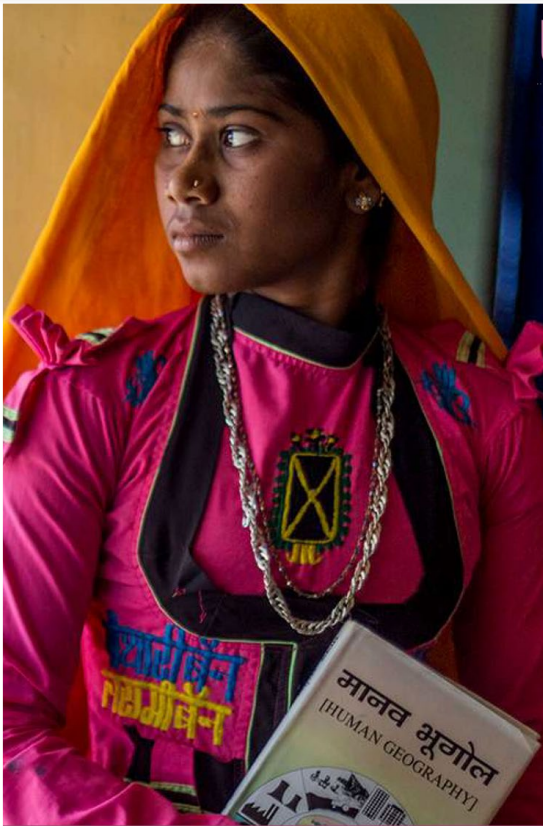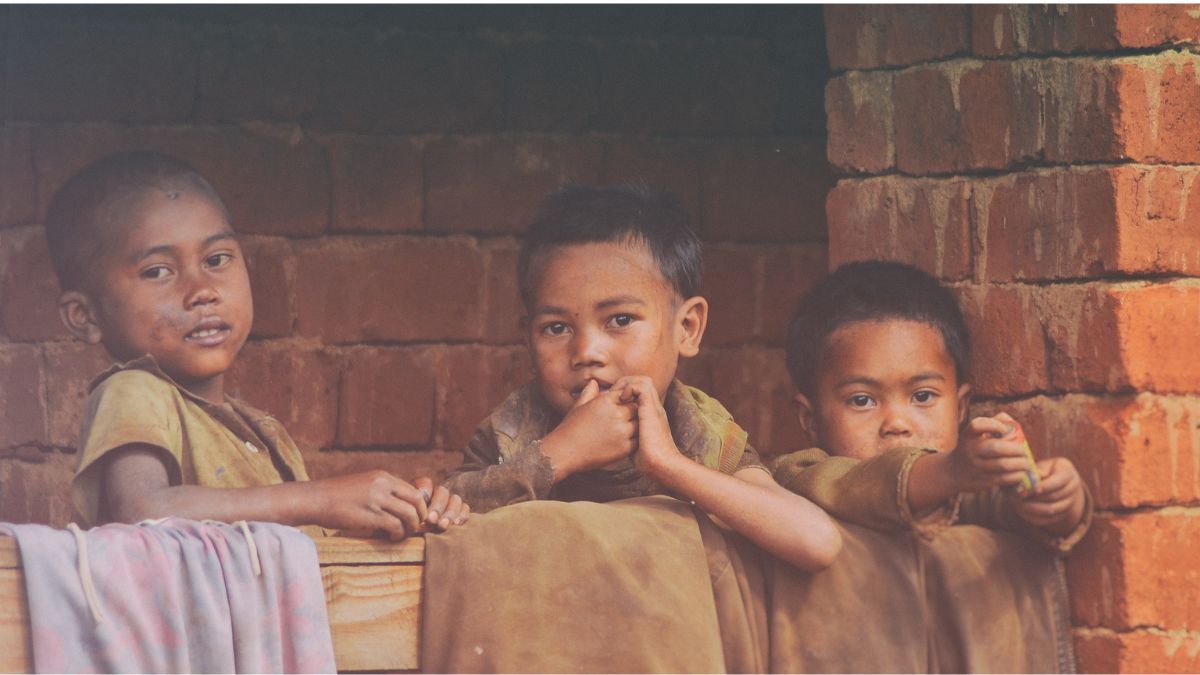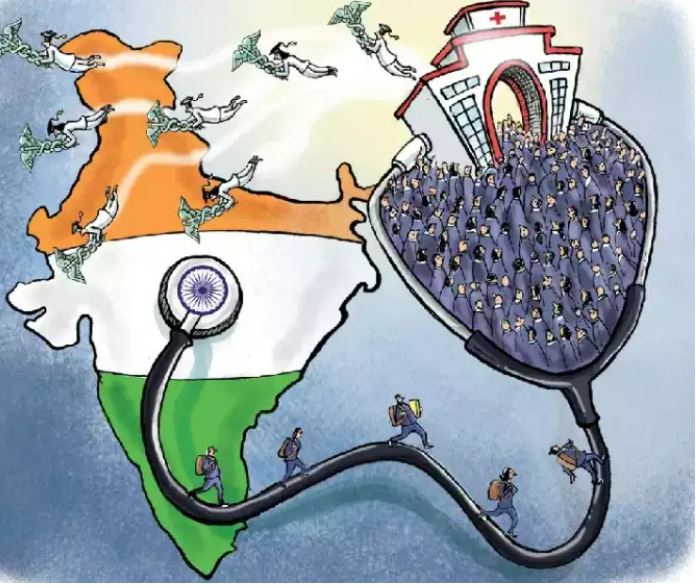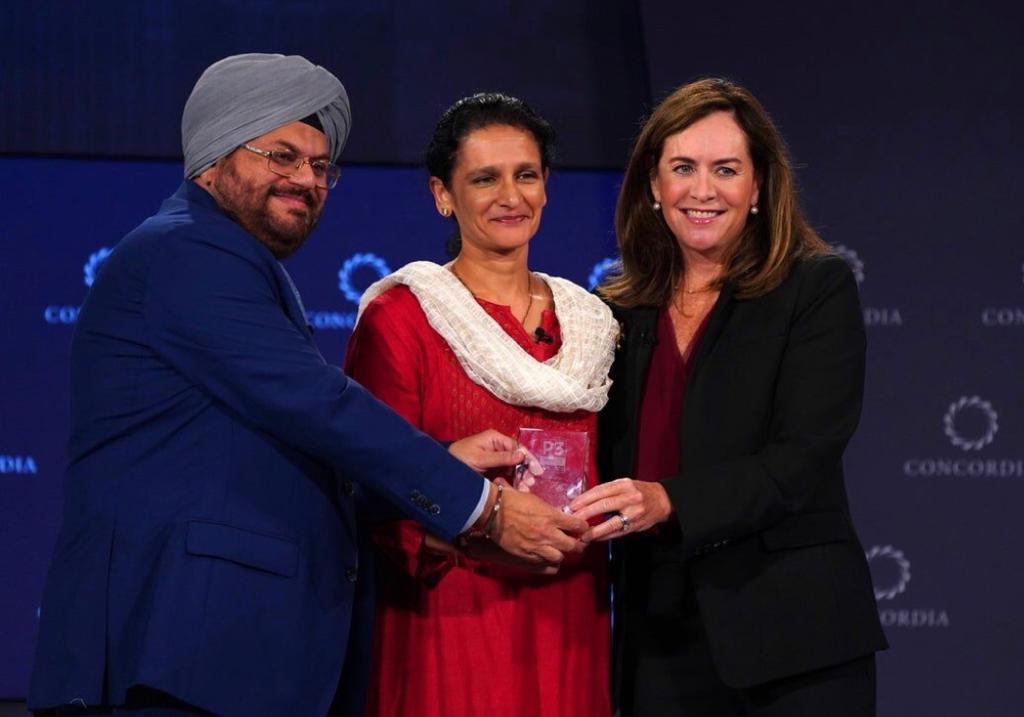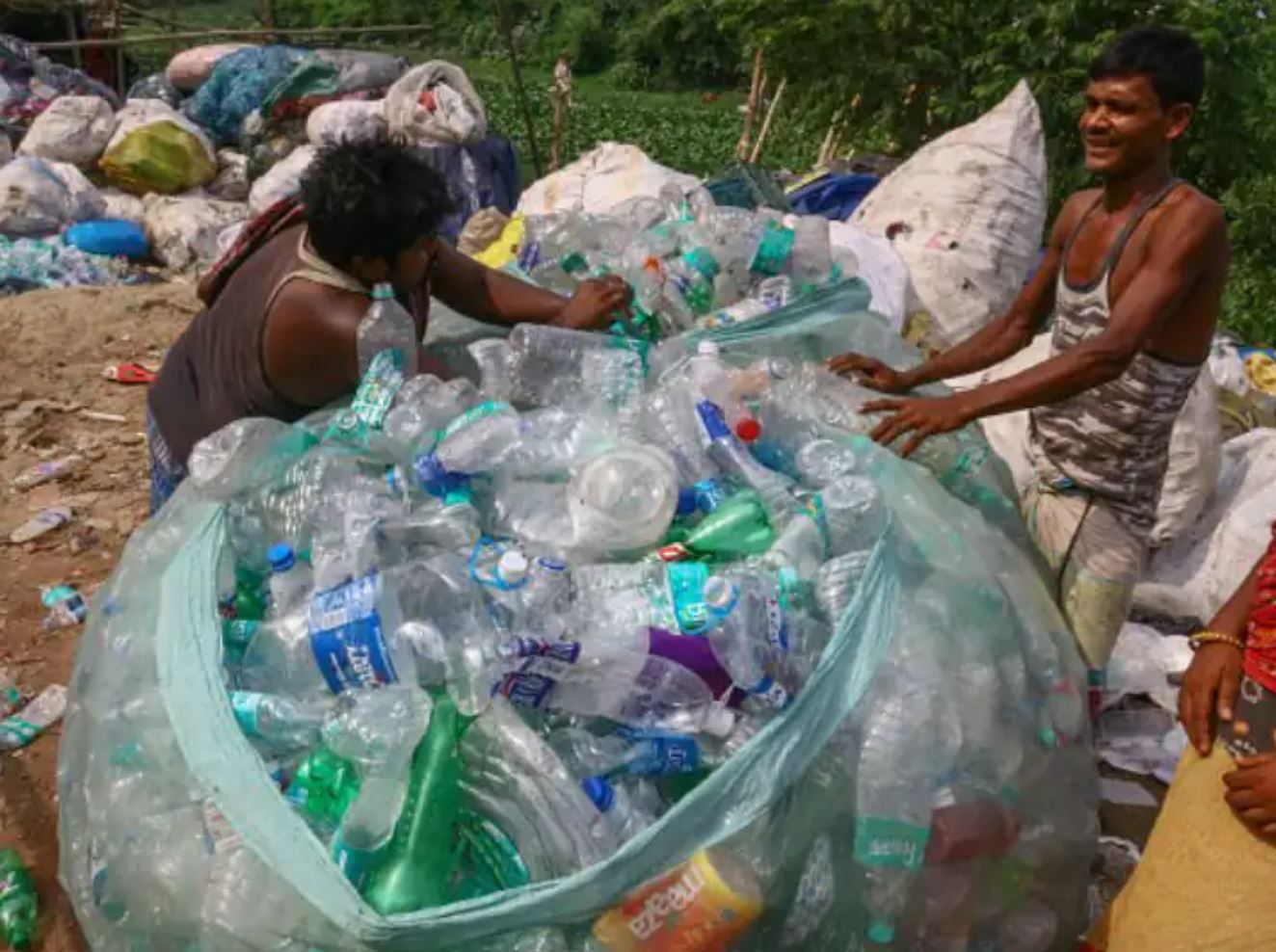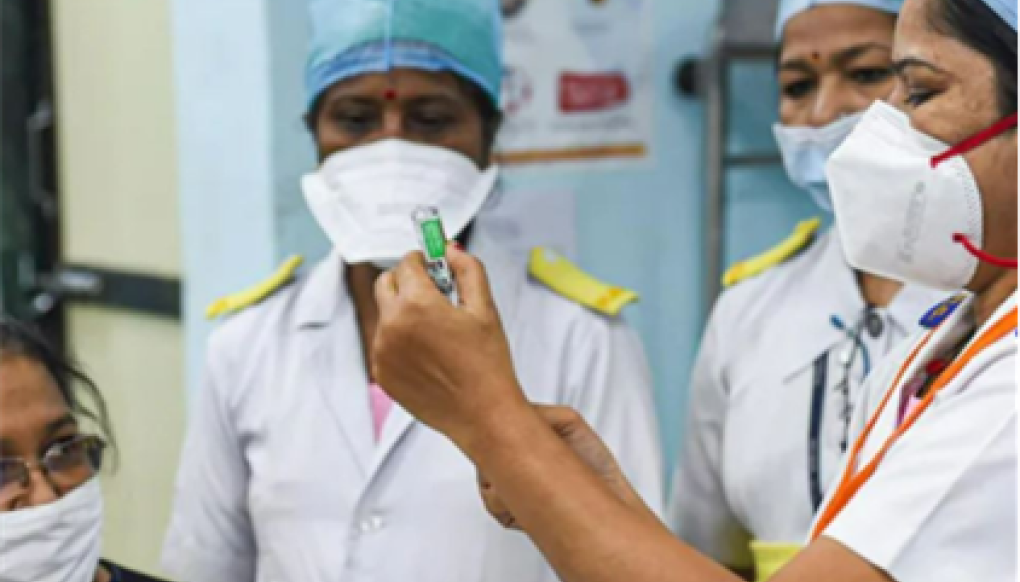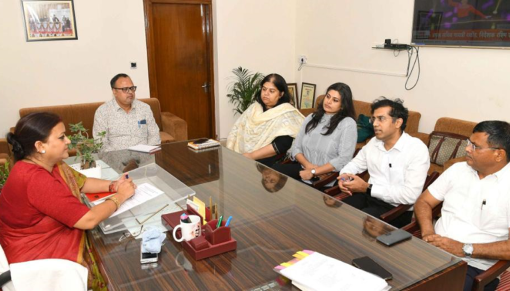One of the most promising approaches to averting teenage pregnancies is investment in girls’ progression from primary to secondary school. In India, decisions about schooling, marriage and childbearing are made jointly and often poorly in the case of girls belonging to marginalised families. Marrying a daughter—‘paraya dhan’—is a generally considered household strategy to cope with economic insecurity. Global development organisations, research institutes, and think tanks all emphasise the importance of recognising and replicating region and context-specific child marriage and teenage childbearing prevention strategies. Rajasthan, a part of the Empowered Action Group (EAG) states, offers a fresh lens on adolescent programming to improve sexual and reproductive (SRH) outcomes.




